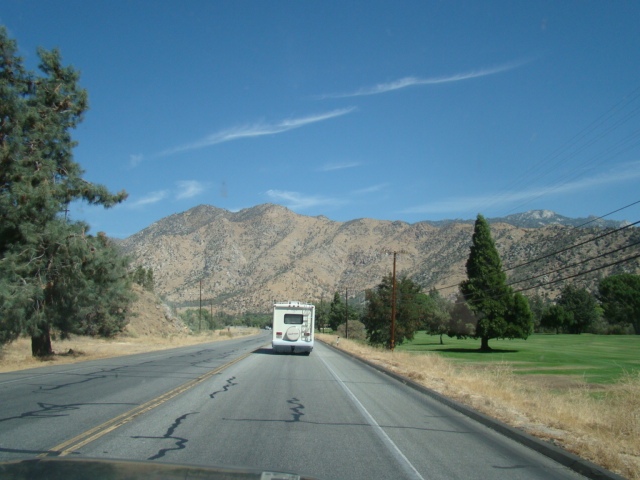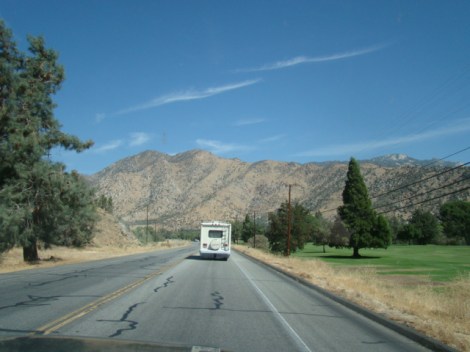From the Los Angeles Times:
Los Angeles’ land in Kern County features a red barn and a sign: “Green Acres Farm.” The city’s website proudly describes the corn, alfalfa and oats that are grown there.
Hey, sounds nice! Except:
[T]he city of Los Angeles … has been sending up more than 20 truckloads a day of “wet cake” from the Hyperion Sewage Treatment Plant near LAX. …
Most experts say recycled products such as sludge and compost are safe if handled properly. But Kern County officials filed court declarations from scientists who are skeptical. Portland State University engineer Gwynn Johnson, for instance, said research shows that biosolids contain metals, antibiotics and flame retardants, and that more study is needed to determine the implications for “human health and the environment.”
Residents tend to focus on the “ick” factor.
Ronald Hurlbert, who owned property near one sludge operation that at one point received waste from Orange County, said the odor was “virtually unbearable (like a well-used bathroom at LAX),” according to a sworn declaration filed in court by Kern County officials.
At issue: Los Angeles’ endless supply of solid waste. Not, you know, garbage. Waste. Much of which is shipped north from the city every day into California’s agricultural heartland, the Central Valley — where it is increasingly unwelcome. This is the downside to recycling: Sometimes, no one wants to do (or live near) the dirty work.
One of the most bitter battles in California is over sludge, the batter-like material left over after treatment plants finish cleaning and draining what is flushed down the toilet or washed down the sink.
“Batter-like.” Let that one marinate in your brain for a while. Until the ’80s, the poo-batter was dumped in the ocean — until someone figured out that dumping lightly processed feces into the sea was a form of pollution.
Kern County voters passed a ballot measure in 2006 banning sludge from entering the county. Los Angeles sued. While the dispute remains unresolved in the courts, Los Angeles is allowed to keep using Kern County as its toilets’ toilet.
And there’s more to come for the Central Valley.
Meanwhile, Los Angeles County announced that it had purchased 14,500 acres in Kings County — also in the Central Valley — where it would be allowed to send hundreds of thousands of tons of sludge and yard waste.
Some material could start arriving at the end of next year.




